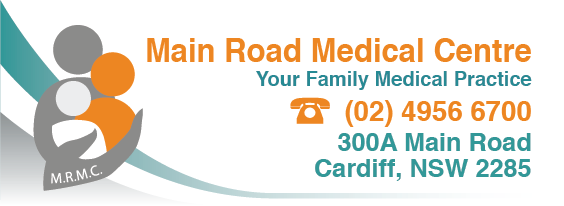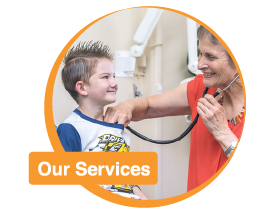What to expect from your antenatal care
Finding out you are pregnant can be a scary or an exciting time – or both! Once you have had time to take in the news, your next step should be to book an appointment with us to start your antenatal care journey.
Antenatal care during pregnancy
The term ‘antenatal’ refers to the time before your baby is born.
During your first antenatal visit, we will take a test to confirm you are indeed expecting and will work with you to determine the due date. If you wish, we can discuss your plans in regards to continuing the pregnancy and let you know what options are available for consideration.
In the earliest weeks of pregnancy, we will request some blood tests. These will check for antibodies in your blood and will confirm whether or not you and your baby are at risk from disease.
From there, get ready for lots of advice! The wellbeing of you and your baby are of utmost importance and some lifestyle changes may be needed to ensure a healthy pregnancy.
We may recommend you take a folic acid supplement from the time your pregnancy is confirmed and will share in detail which foods may put the safety of your baby at risk. We will also reiterate the importance of avoiding cigarettes, caffeine, alcohol – substances that may influence the viability of your pregnancy or your child’s long-term health.
During your first appointment, you can raise any questions you have with us. Bring a pen and paper if you have a lot of them. This will help you keep track of advice and recommendations.
Your first ultrasound
It feels like a long wait but your first ultrasound will come around at the twelve-week mark, unless we have a reason to request it earlier. This will give you that first look at your baby, although it may not resemble much more than a peanut or a kidney bean!
The ultrasound technician will take measurements of your baby, check its heart rate and look at your placenta. You may also get the surprise news that you are expecting twins.
Once we have the results of your ultrasound and have confirmed things are progressing well, we will discuss your options for the rest of the pregnancy. This may mean booking in with an obstetrician or it may mean managing care between the local public hospital and midwife service.
Generally speaking, we will regularly check your blood pressure and foetal growth during the start of your pregnancy, with a transition to more specialised professionals from around 14 weeks or by the third trimester at the latest.
After week eight, we may discuss with you the option of further blood tests and scans based on your age or any genetic risk factors you may have. These non-invasive tests can rule out chromosomal disorders including Down syndrome. We will discuss the pros and cons of having these tests and may ask you to think ahead about what you would do in the event of receiving less than favourable results.
Subsequent ultrasounds
Most women have an ultrasound at 12 weeks and then one at around 18 to 20 weeks. During this later scan, the radiologist will be able to see the baby’s organs to check whether they are developing correctly.
After that, it’s time to grow! Baby will put on a few hundred grams per week and will develop strong lungs and reflexes, ready for life in the outside world. During this time, women usually have a monthly check-up with us, at the hospital or with an obstetrician to monitor their blood pressure and ensure things are on track.
The important thing to remember is that pregnancy is a normal, natural process. It’s not necessary to turn it into a medical problem and receive intervention at every turn.
That being said, we are an important point of contact. You should feel free to get in touch with us if you have any concerns about your physical or mental wellbeing during your pregnancy.
The team at Main Road Medical Centre includes practitioners experienced in antenatal care. Contact us to book an appointment today.






